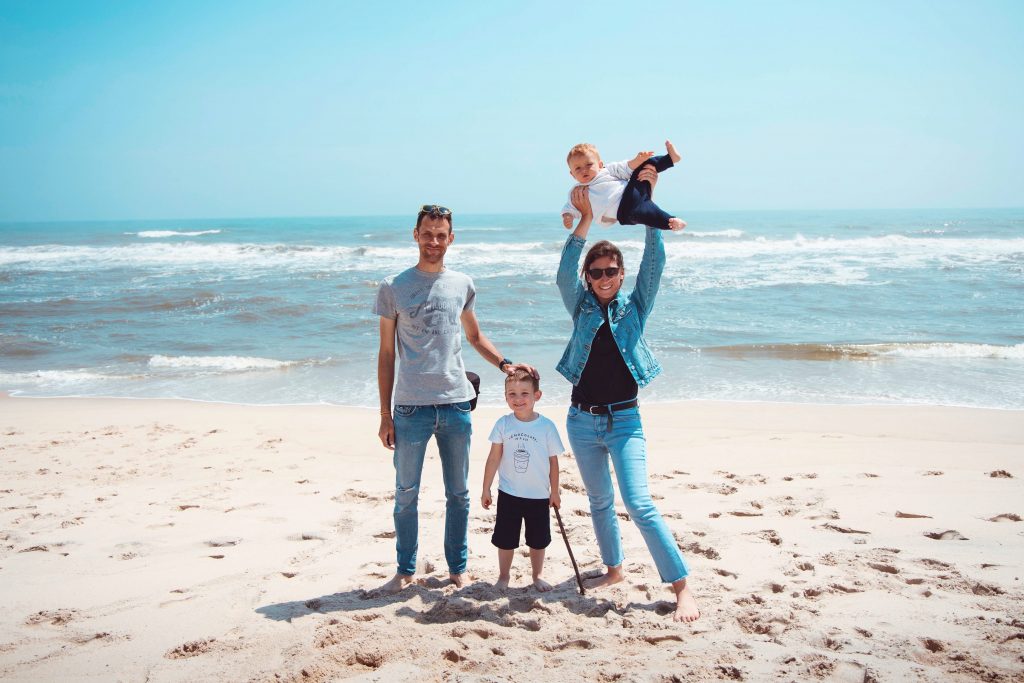Emerging adults
Between the ages of 15 and 25, we begin to discover ourselves. This is the time when we emerge from puberty into adulthood. Things can look scary and confusing, because emerging adults are working towards autonomy and independence. It’s a time of stark black and white thinking and impulsivity as our brains mature… but are not fully developed yet.
It’s a challenging time for parents, too. Our maturing children need connection, but they also push us away.

We are here for you as you figure out this next stage in your life
We know that a lot changes during the teenage years and beyond – for both kids and parents. It can be a wonderful and also terrifying time, as kids emerge into young adults striving towards an identity, autonomy and independence. It’s a time of stark black and white thinking and impulsivity as brains mature; when kids act strident but feel unsure.
Risks and temptations are everywhere. Kids say little but feel so much; they act like they don’t care but care deeply. It’s a challenging time for parents, too. Our maturing children need connection, but they also push us away. We feel protective and frightened, exhausted and devalued, unsure of what lies ahead for them and for us.
Psych Garden can help the kids safely find their path. We’re here to support you through it all – with knowledge, wisdom, and kindness.
Balancing autonomy & collaboration
Effective psychology balances the need to treat clients’ internal values and feelings as well as their external world. During emerging adulthood, this means helping both our clients and their families navigate the journey from dependent children to autonomous adults.
Work with the family can be essential – helping the family during this shift. It’s a journey best taken together, in collaboration with members of the family and a holistic team of specialists to help guide and support decisions along the way.
Working with families
Family members care deeply about the young people in their lives and fear for their safety – especially when they see them making choices they may not understand. This fear and anxiety can drive the intensity of the family’s intervention.
Often, family members see certain behaviors and anticipate the need to intervene – which can feel very hostile and critical to the emerging adult, who wants connection and love, but also wants autonomy and respect.

Valued goals and rewards
Families and loved ones can inadvertently reinforce unwanted behavior. We may find ourselves enabling the very behaviors that concern us, funding our kids to protect them, or criticising our partners so they shut down or self-medicate. These patterns of reinforcement can be changed so that we positively reinforce valued goals and stop encouraging problem behaviors. Contingency management principles are both highly effective and rarely implemented but are taught and modelled at Psych Garden to shape behavior towards safety, collaboration and flourishing.
We work with the whole family to discover our clients’ valued goals and use rewards to support long-term healing and growth.









